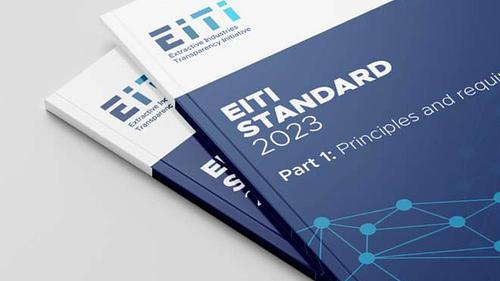
Context and learning objectives
The “resource curse” refers to the observed pattern where countries rich in natural resources often experience slower economic growth. Explanations for this phenomenon include the Dutch disease and currency appreciation, a decline in institutional quality, and the outbreak of conflicts over resource control. This risk weighs heavily on many African countries rich in resources. In these contexts, the ability to design and implement a fair and effective tax system is critical for generating revenue and supporting national development.
This training is designed to help participants examine the key risks and challenges involved in taxing the extractive sector—such as aggressive tax planning, indirect share transfers, and VAT credit issues—that require special attention from tax administrations.
Participants will also explore the main policy solutions implemented in different countries. Throughout the online modules, these issues will be brought to life through practical case studies drawing on basic tax and accounting concepts such as the balance sheet and income statement.
Understand how the economic characteristics of the sector and the existence of a natural resource curse influence the construction of a tax system specific to the extractive sector.
Understand what an optimal tax system versus an equitable tax system means and understand on what criteria the trade-offs are made.
Understand what are the different aggressive tax optimization practices that companies can use and what solutions can be put in place by States to limit them.
Understand the challenges faced by tax and customs administrations and what solutions can be found in the implementation of tax policy within the extractive sector.
Understand how extractive companies can avoid the taxation of capital gains through indirect transfers and what are the levers available to States to try to remedy this.
Understand how value-added tax works and the challenges it can pose in the extractive sector.
You have reached the end of this training. Congratulations! It is now up to you to apply the knowledge you have gained by completing a final quiz as your end-of-course assessment.
Target audience
- Economists, lawyers, tax specialists, tax administrations, ministries of mines and hydrocarbons
- Other public and private professionals in Africa’s extractive industries
Format
This training is delivered online, offering learners complete flexibility through unlimited access to content, available 24/7 on the IHEDD distance learning platform. Each participant can progress at their own speed, depending on their availability.
To encourage exchange and mutual support, a forum is available in the training space, complemented by a WhatsApp group to create a community of learners.
In addition, regular virtual meetings (online classes) are organised with trainers and the learner community. These sessions allow participants to go further into the concepts covered, discuss challenges encountered, and obtain answers to questions.
Validation of acquired knowledge
At the end of the course, IHEDD will award a certificate on behalf of Ferdi, a recognised professional training organisation. This certificate states the name of the course and the total number of validated training hours. To receive it, participants must pass a final quiz with a minimum score of 60%.
History of previous sessions
- 24 Apr – 22 May 2023: 62 participants | 76% pass rate
- 1 May – 31 May 2024: 50 participants | 70% pass rate
- 14 Apr – 12 May 2025: 26 participants | 74% pass rate
Practical information
- Duration: 11h of self-paced work on modules + 3 live virtual classes
- The training is delivered in English
- Equipment: It is essential to have a computer and an internet connection.
- The training is accessible to people with disabilities.
- Prerequisites: no previous academic qualifications needed, but participants should be comfortable using basic Excel functions
- Capacity: 40
Participation in training costs
Training supervisor
- Grégoire ROTA-GRAZIOSIProfessor of Economics, School of Economics – CERDI – Université Clermont Auvergne Co-head of the “Taxation for Sustainable Development” programme, FERDIHead of training programmes, Institute for Advanced Studies in Sustainable Development (IHEDD–FERDI) Co-editor of the Revue Economique du Développement

Trainers
- Grégoire ROTA-GRAZIOSIProfessor of Economics, School of Economics – CERDI – Université Clermont Auvergne Co-head of the “Taxation for Sustainable Development” programme, FERDIHead of training programmes, Institute for Advanced Studies in Sustainable Development (IHEDD–FERDI) Co-editor of the Revue Economique du Développement

- Yannick BOUTERIGEResearch Assistant, FERDITraining Manager at the Institute for Advanced Studies in Sustainable Development (IHEED-FERDI), Lecturer at the School of Economics, Clermont Auvergne University, Affiliated Professor at Clermont Business School (ESC)




.png)


